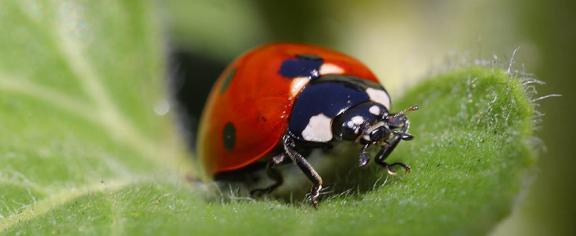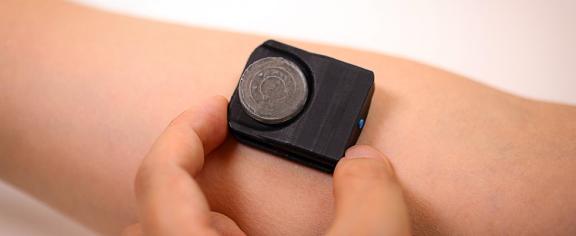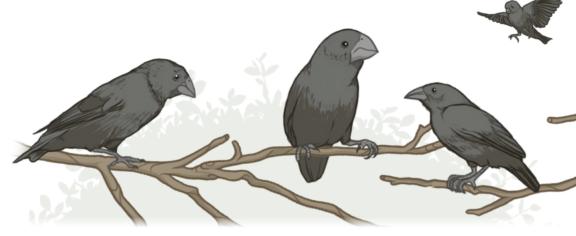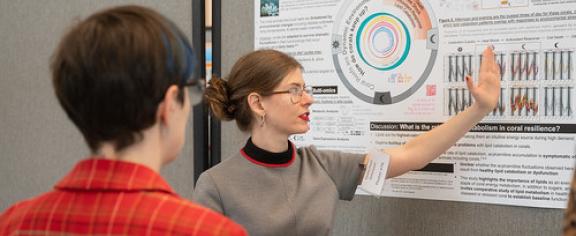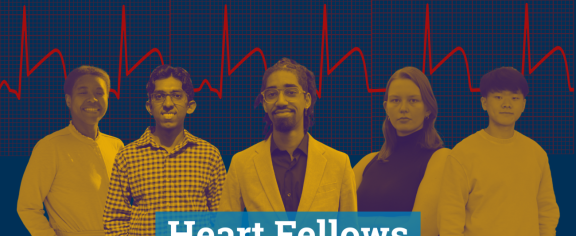2025-06-18
Georgia Tech and Emory University are advancing Atlanta’s position as a top U.S. tech hub by relocating seven pioneering biomedical research labs to Science Square, a premier life sciences district driving innovation, talent, and economic growth.
Brook Byers Professor Weissburg Wins $3M Grant to Bring Biologically Inspired Design to High Schools
2019-08-09
Four-year project will bring teachers into Georgia Tech labs and create new curriculum materials for them to use in class.
2025-04-14
The device is the first of its kind to continuously monitor how the skin exchanges gases with the environment, helping to monitor skin health and wound healing.
2025-04-24
A Georgia Tech doctoral student’s dissertation could help physicians diagnose neuropsychiatric disorders, including schizophrenia, autism, and Alzheimer’s disease.
2025-04-11
The Society for Industrial and Applied Mathematics (SIAM) selected Elizabeth Cherry and Katya Scheinberg as Class of 2025 fellows.
2025-04-17
Zijie (Jay) Wang (Ph.D. ML-CSE 2024) is a recipient of the 2025 Outstanding Dissertation Award from the Association for Computing Machinery Special Interest Group on Computer-Human Interaction (ACM SIGCHI).
2025-03-19
Through a new review paper published in Nature, Georgia Tech scientists are revealing how decades-long research programs have transformed our understanding of evolution, uncovering secrets that would remain hidden in shorter studies.
2025-03-20
The College of Sciences proudly recognizes the six graduate scholars awarded $1,000 in research travel grants during the Career, Research, Innovation, and Development Conference (CRIDC) poster competition.
2025-03-18
Launched in 2023, CBT@EmTech trains future cardiovascular research leaders through interdisciplinary study, clinical exposure, and impactful research.
2025-02-25
A new study explores how complex chemical mixtures change under shifting environmental conditions, shedding light on the prebiotic processes that may have led to life on Earth.
